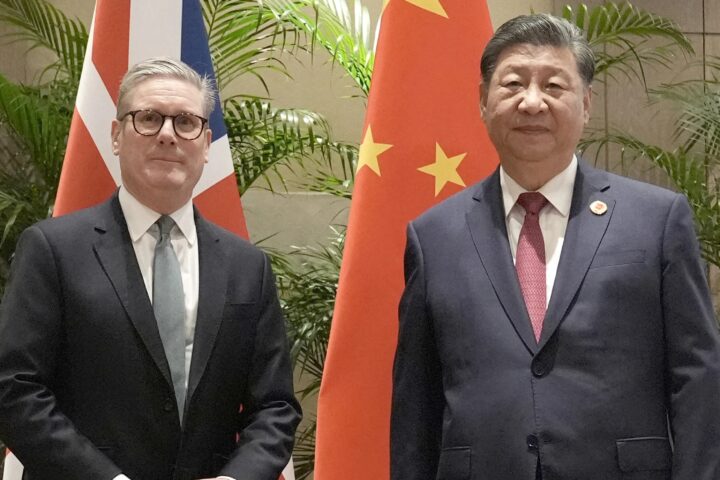The Kremlin declared on September 8 that no sanctions will force Russia to alter its course in the war against Ukraine, a statement that underscores growing tensions with the United States and its allies. Kremlin spokesman Dmitry Peskov said sanctions were futile just as Washington and Brussels discussed a new wave of punitive measures against Moscow. His remarks came after President Donald Trump warned on September 5 that Washington was prepared to move to a second stage of sanctions, and European leaders were set to coordinate on further steps. EU sanctions envoy David O’Sullivan was scheduled to visit Washington for talks. Western governments and Kyiv argue that President Vladimir Putin is not serious about peace and that the international community must act to prevent Moscow from prevailing. Russia continues to insist its economy is resilient, citing growth driven by military orders.
Economic strain despite Kremlin defiance
While Moscow portrays sanctions as ineffective, economic data show a different reality. Russia’s economy expanded by 4.1% in 2023 and 4.3% in 2024 due to defense-related spending but has slowed sharply this year under the weight of high interest rates. Sberbank chief Herman Gref, one of Russia’s most influential bankers, admitted the economy is stagnating and risks falling into recession without monetary easing. The central bank’s latest report suggests the country is already in a technical recession. At the same time, Ukraine’s Defense Forces have carried out effective strikes against Russian oil refineries, one of the main sources of state revenue, leading to a 21% decline in refining output in August 2025.
Oil market dynamics add further pressure
Russia’s heavy dependence on energy exports leaves it vulnerable to global market shifts. Following Trump’s sanctions warning, oil prices rose by more than $1 per barrel in anticipation of tighter supply, but this rebound proved short-lived. OPEC+ announced that from October it would increase output by 137,000 barrels per day, a move likely to push global oil prices down and further strain Russia’s revenue base. Analysts note that while sanctions have reduced access to international capital and technology, falling oil income could amplify the long-term damage to Moscow’s finances.
Strategic implications for the United States and allies
For Washington and its partners, the Kremlin’s defiance highlights the need to reassess their sanctions strategy. Traditional tools may be losing effectiveness, raising pressure to consider financial-technology restrictions, tighter export controls and insurance limits. Without effective coordination of a “second stage” of measures, U.S. and European unity could weaken, undermining sanctions compliance and reducing political will among allies. For the United States, the risk is a prolonged confrontation in which Russia sustains its war effort while Washington remains locked into long-term military and financial support for Ukraine. Experts warn that Moscow’s narrative of resilience, even amid economic decline, could also shape U.S. domestic debate about the costs of continued aid, testing public opinion and the credibility of Trump’s administration. The broader challenge is for Washington to prepare for a drawn-out confrontation with Russia while ensuring allied unity and sustained backing for Ukraine’s defense.














